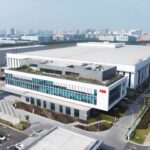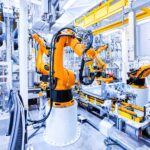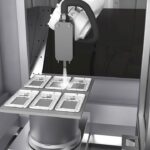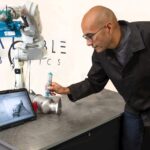ASIA ELECTRONICS INDUSTRYYOUR WINDOW TO SMART MANUFACTURING
ABB to Expand Robotics Factory in the United States
ABB strengthened its commitment to one of its largest customer markets – the U.S. Specifically, it recently started construction on the expansion of its existing North American robotics headquarters and manufacturing facility in Auburn Hills, Michigan. The project, which represents an investment of US$20 million, is set for completion in Nov. 2023. The expansion will create 72 highly skilled new jobs in the area. Moreover, it is supported by a US$450,000 Michigan Business Development Program performance-based grant.
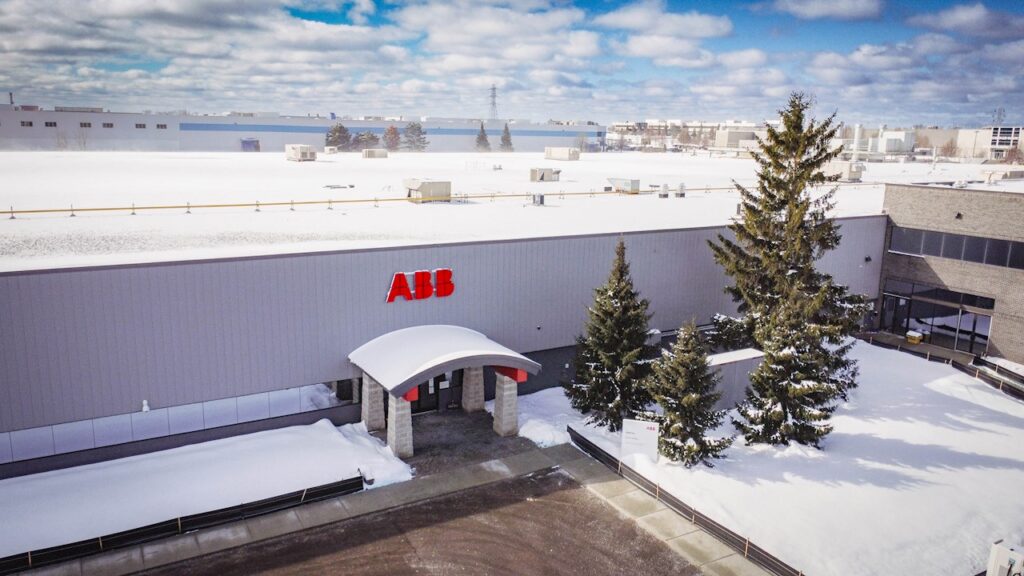
“Our investment is a significant step in accelerating ABB Robotics’ global leadership in developing and manufacturing cutting-edge robotic solutions in the U.S., for the Americas,” said Sami Atiya, President of ABB Robotics and Discrete Automation. “As the global mega trends of labor shortages, uncertainty, the near and reshoring of production, and a desire to operate more sustainably accelerate, more businesses are turning to automation to build resilience while improving efficiency and flexibility. Our expanded facility will help us to better serve customers in the U.S. and across the Americas. It will give them access to innovative automated solutions.”
Responds to Automation Demands in the U.S.
The latest investment in its Robotics headquarters and factory adds to the US$14 billion ABB has already invested in the U.S. since 2010. Particularly, it will benefit customers in the Americas. Also, it targets those in growth sectors including electric vehicles, healthcare, packaging and logistics. With the expansion set to significantly increase the factory’s production capacity, it responds to the increased demand for automation from 70 percent of U.S. businesses looking to bring production closer to home. This was revealed by ABB Robotics’ survey of 1,610 executives in the U.S. and Europe in June 2022.
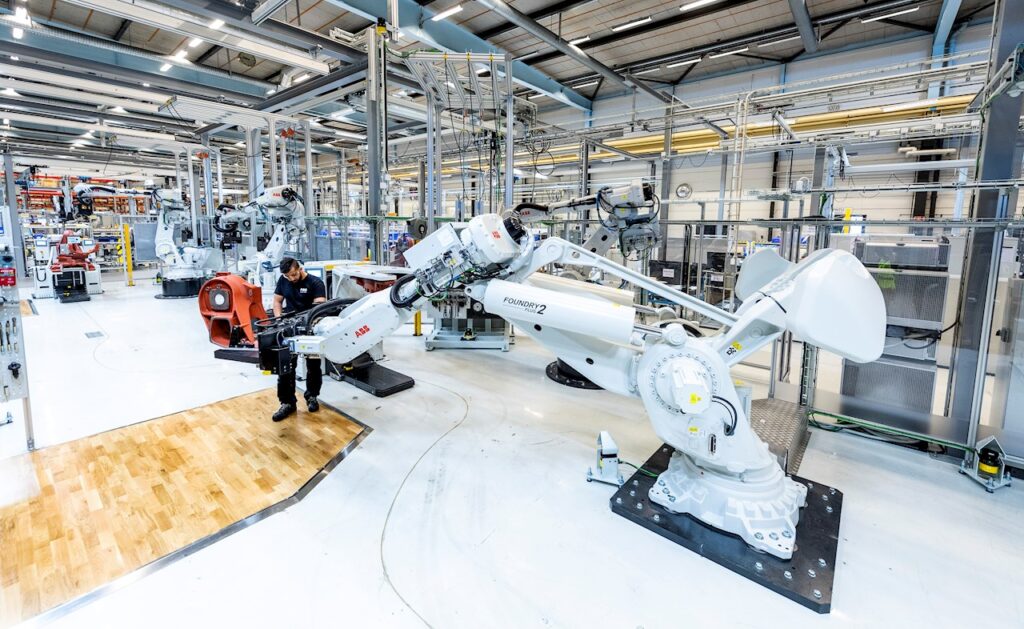
“ABB’s US$20 million investment creating 72 jobs will build on our economic momentum and help us continue leading the future of robotics and automation,” said Michigan Governor Gretchen Whitmer. “Thanks to companies like ABB Robotics and the support of our local partners, we can keep bringing jobs and investment to every region of our state, revitalizing communities, and building an economy of the future.”
ABB Robotics moved into the 538,000 square foot building in 1993 and opened the manufacturing plant in 2015. Since then, it became the first global industrial robotics company to fully commit to a North American robotics production footprint. The expansion and increased use of automation in the factory will create new jobs. Specifically, it will support the ABB Robotics Packaging & Logistics Headquarters in Atlanta, Georgia and the Robotics Lifesciences and Healthcare Hub located at the Texas Medical Center in Houston, Texas. To date, ABB already has a workforce of approximately 350 employees at Auburn Hills.
ABB’s footprint in the U.S. is more than 20,000 employees, over more than 40 sites nationally.
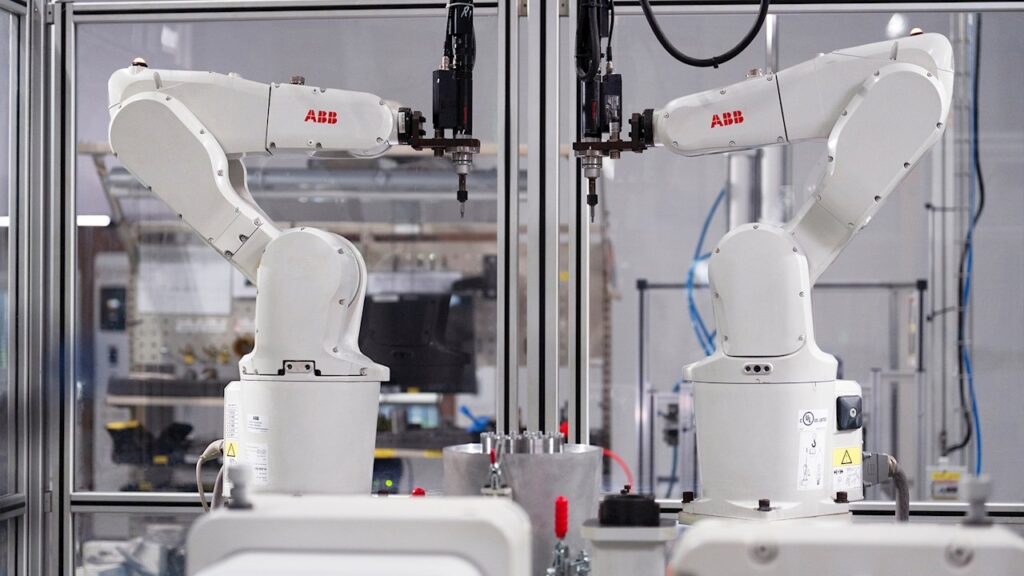
“The expanded facility will feature the most advanced technology available, with AI-enabled robots and smart digital manufacturing systems supporting the production and manufacture of state-of-the-art customer solutions,” said John Bubnikovich, ABB United States Robotics Division President. “Almost every aspect of the site will be upgraded to enrich our efforts to attract, retain and nurture the best automation talent, while creating a US manufacturing hub and headquarters befitting of a global leader in automation.”
This investment will see the latest digital and automation technologies implemented to manufacture next-generation robots in the U.S., for the Americas. It will streamline the delivery process and reduce lead times. Close to 90 percent of robots delivered to customers in the U.S., Canada, Mexico and South America will soon be made in Auburn Hills. The plant will utilize flexible, modular production cells that are digitally connected and networked, and served by intelligent autonomous mobile robots. AI-powered robotic systems will take on tasks such as screw driving, assembling and material handling. This will relieve people from these tasks and enable more rewarding work.

